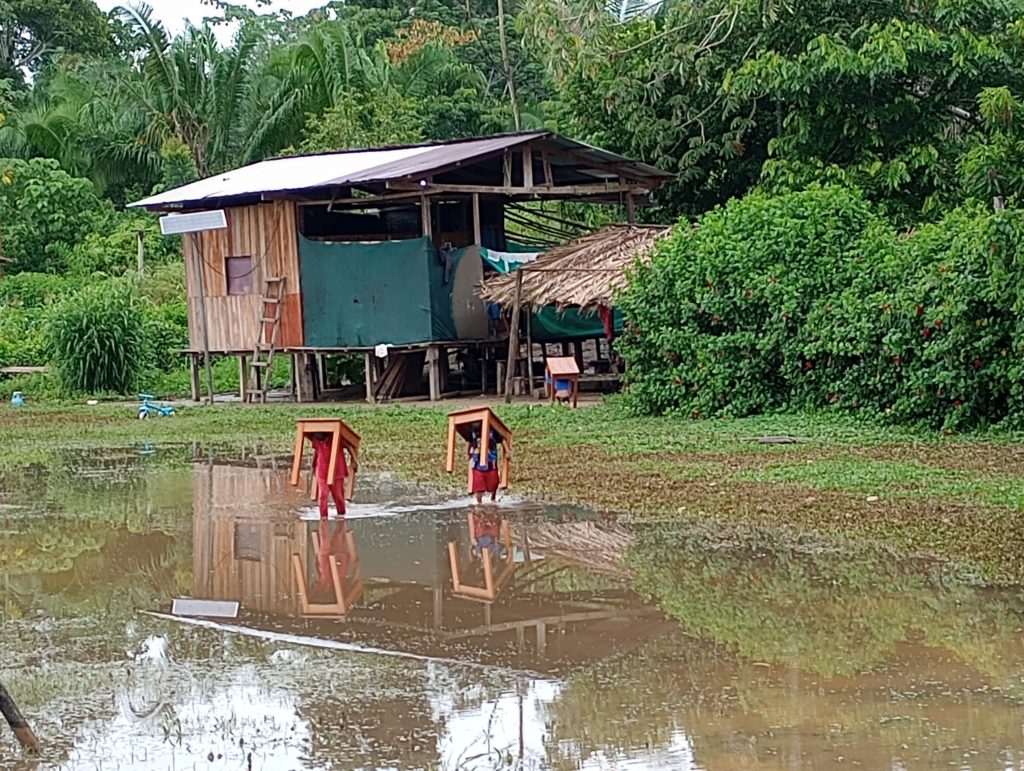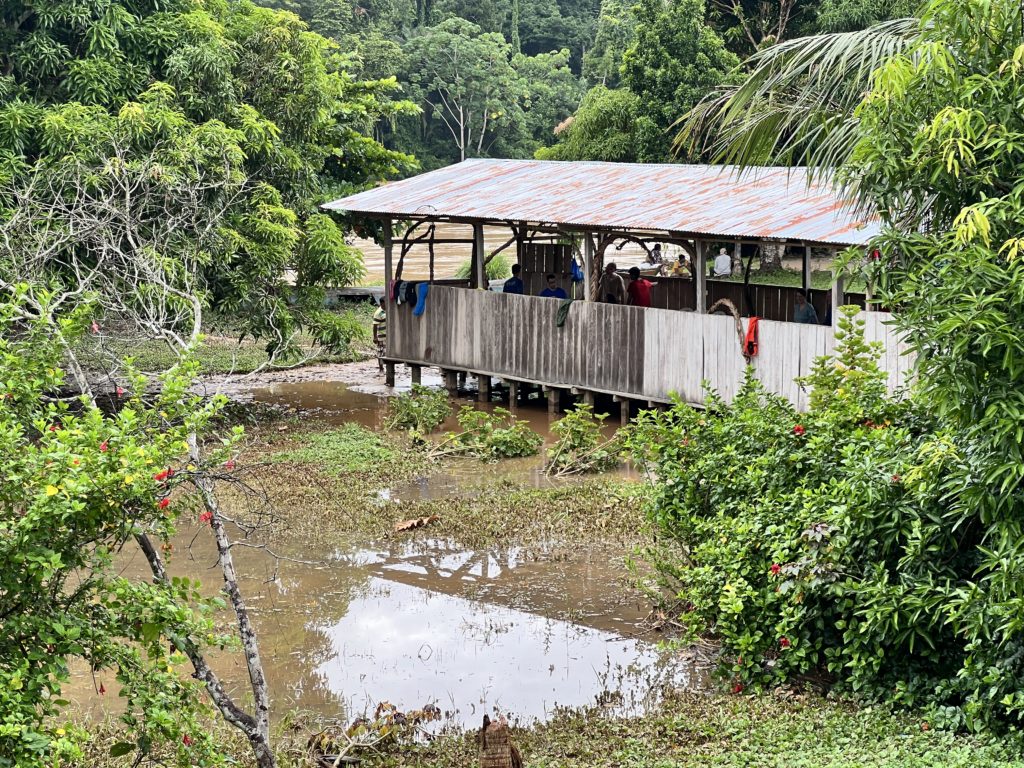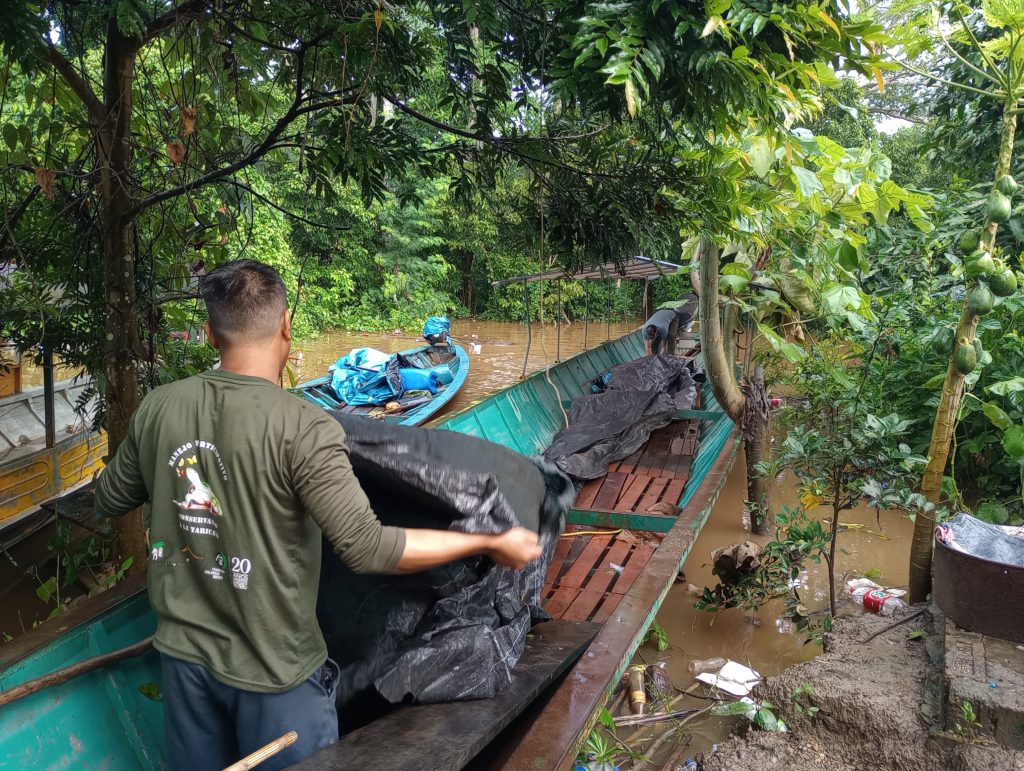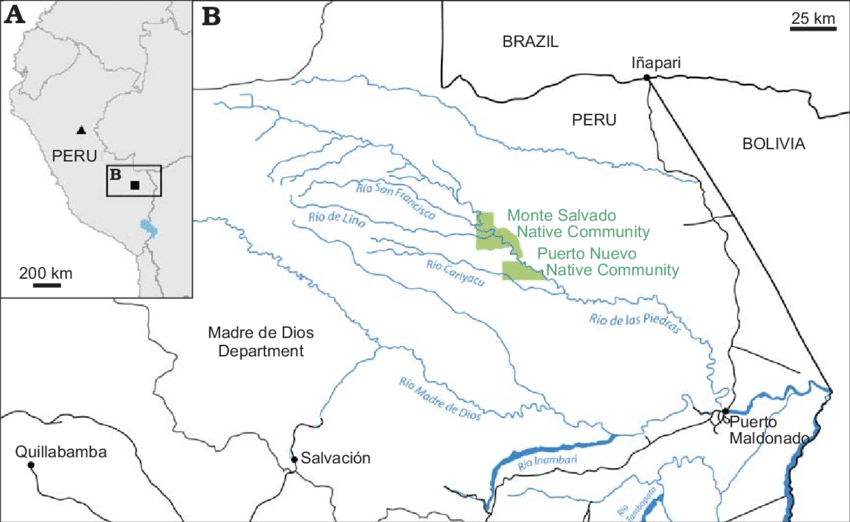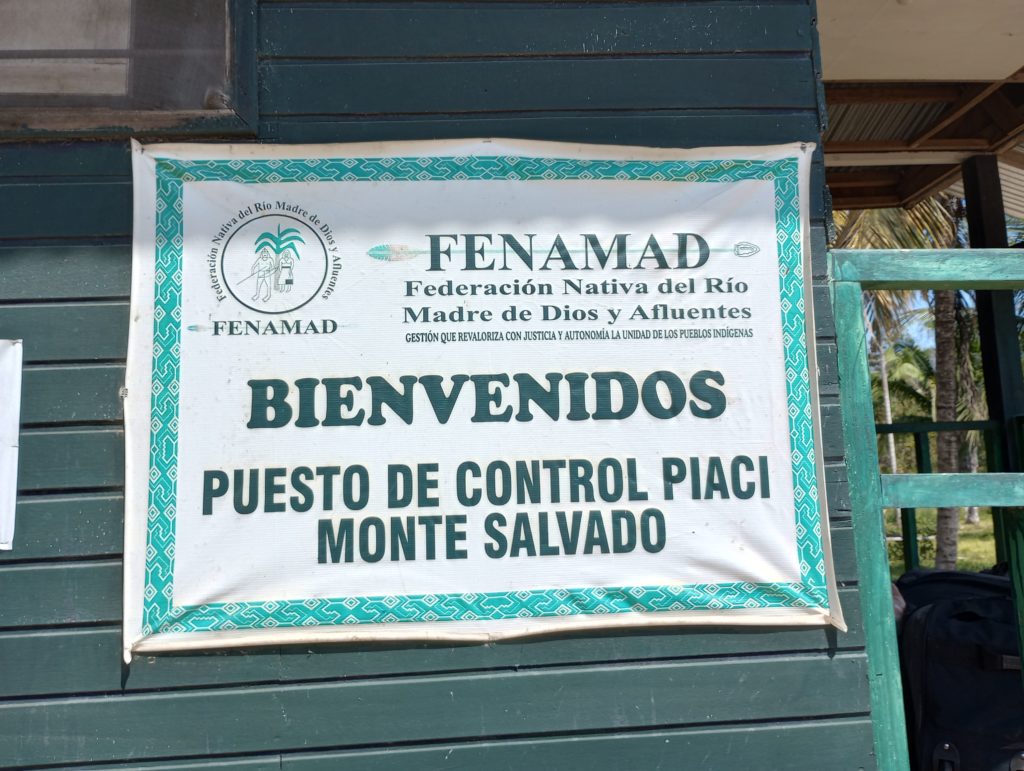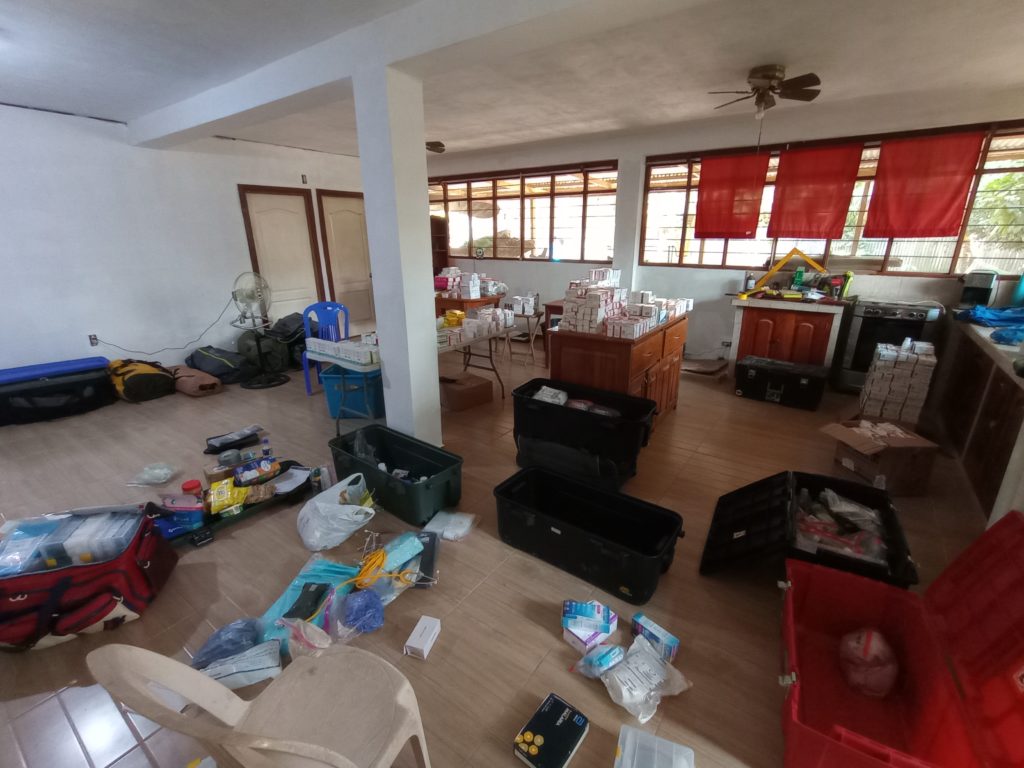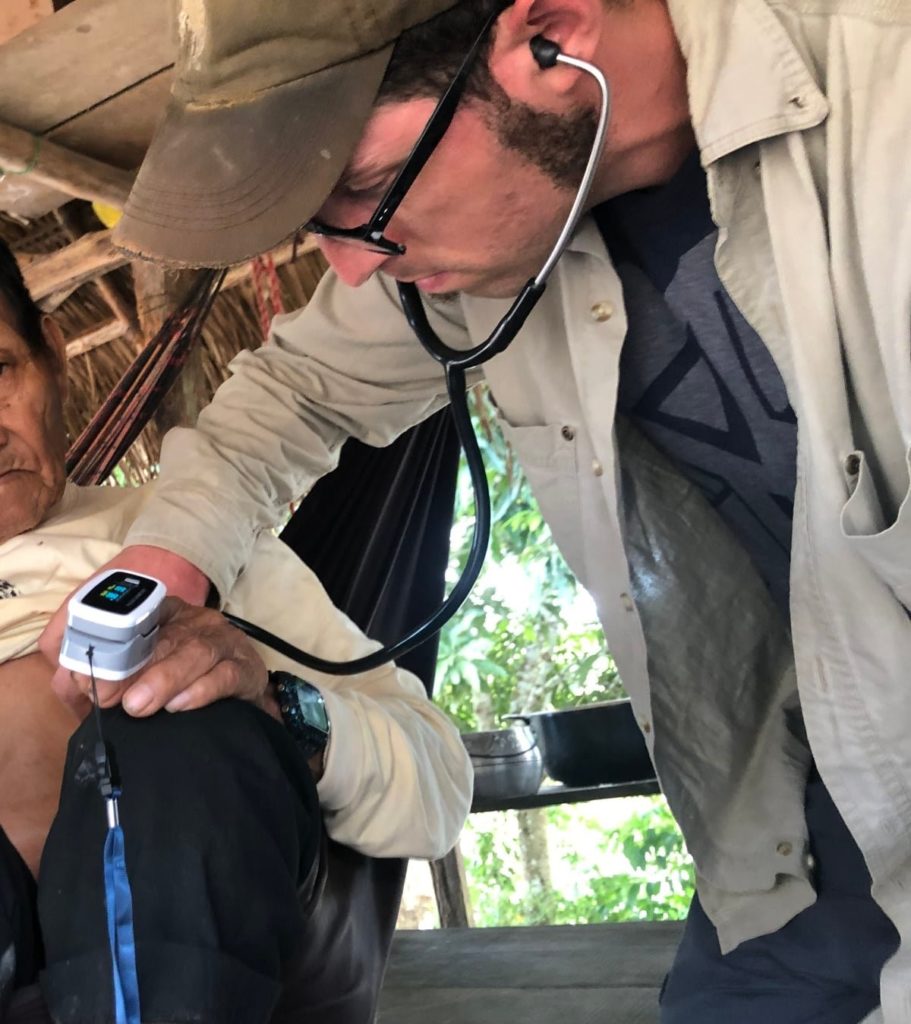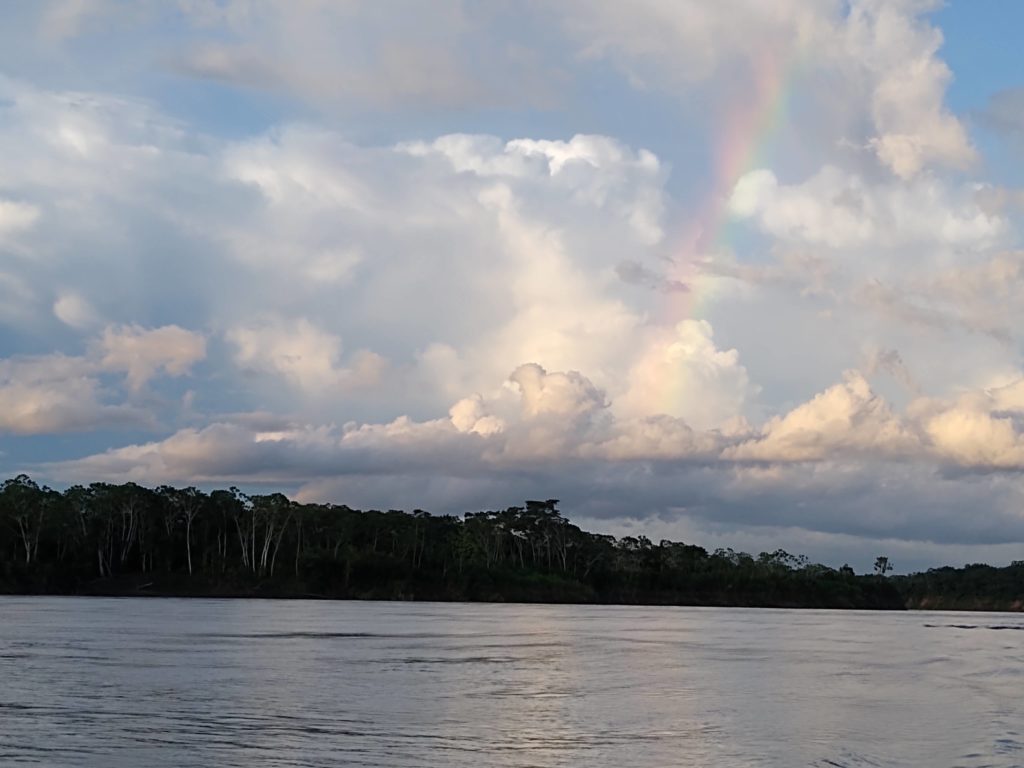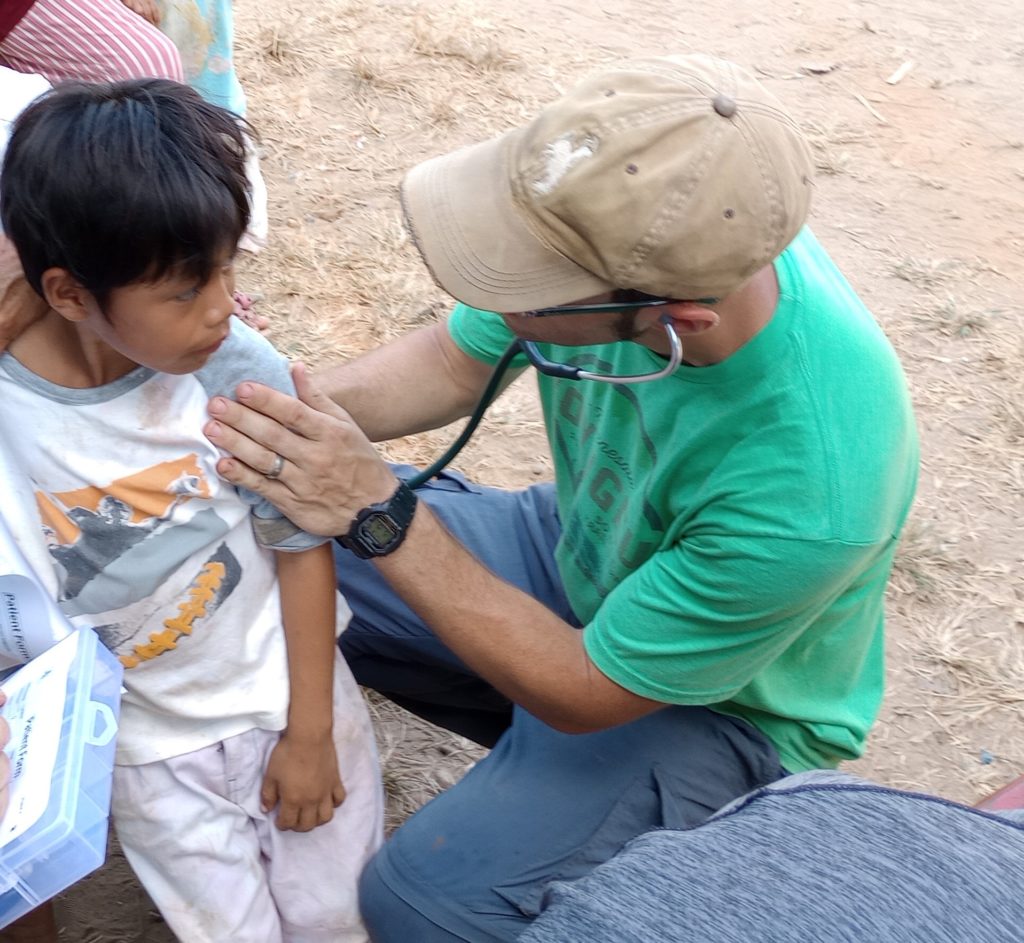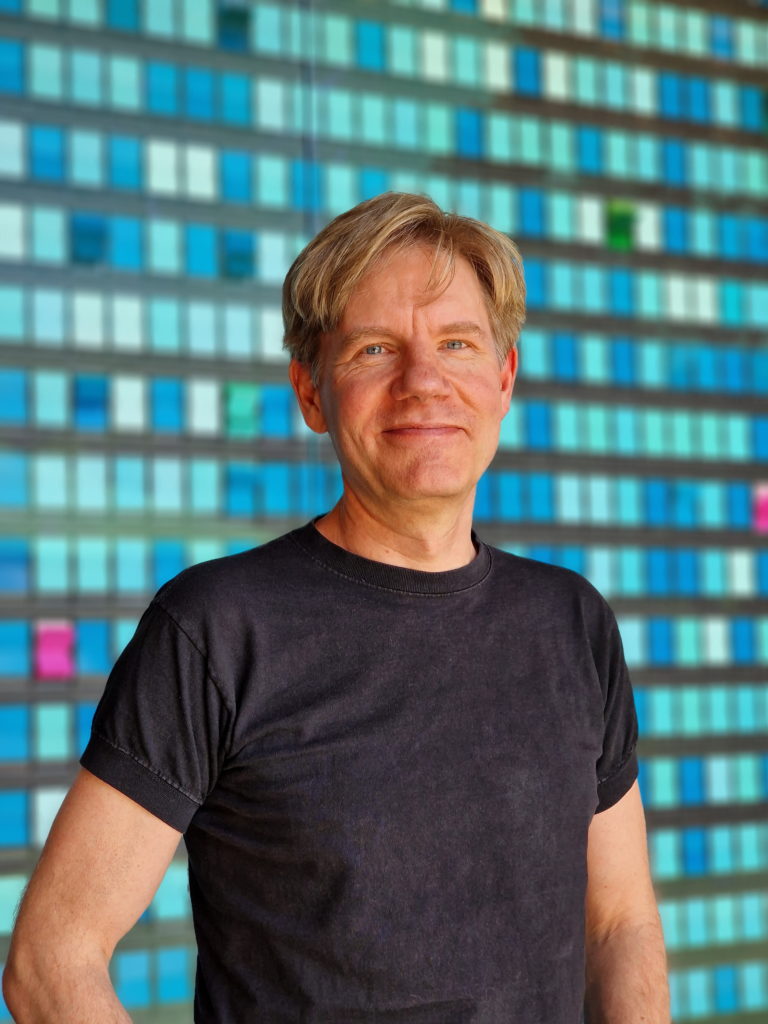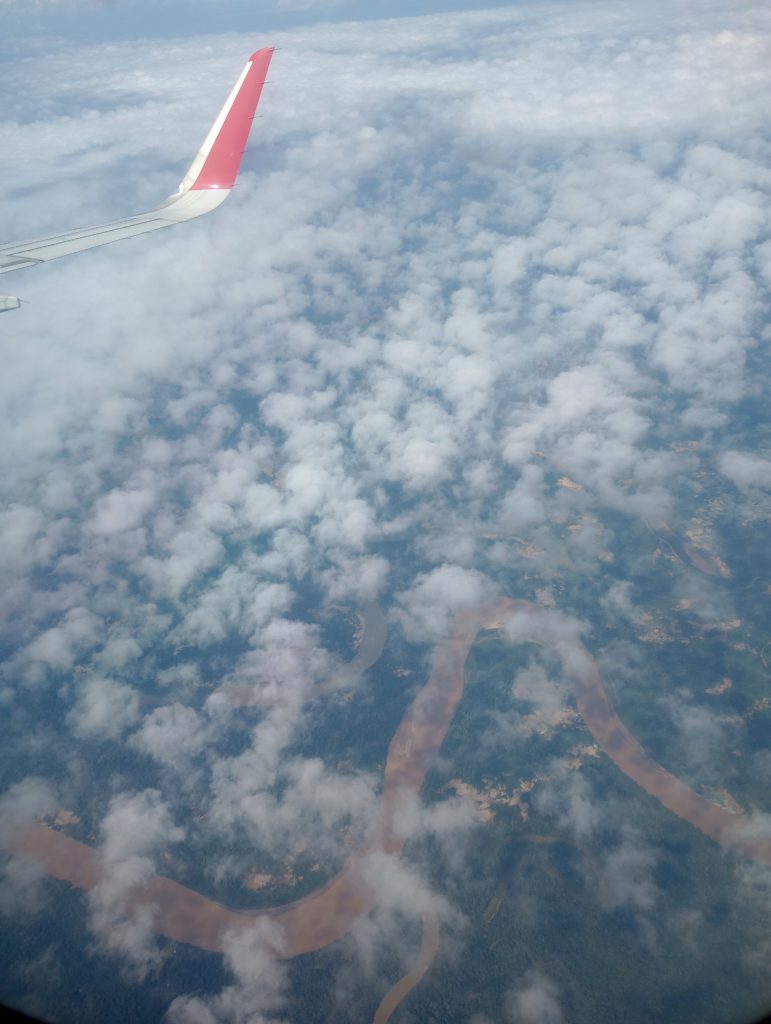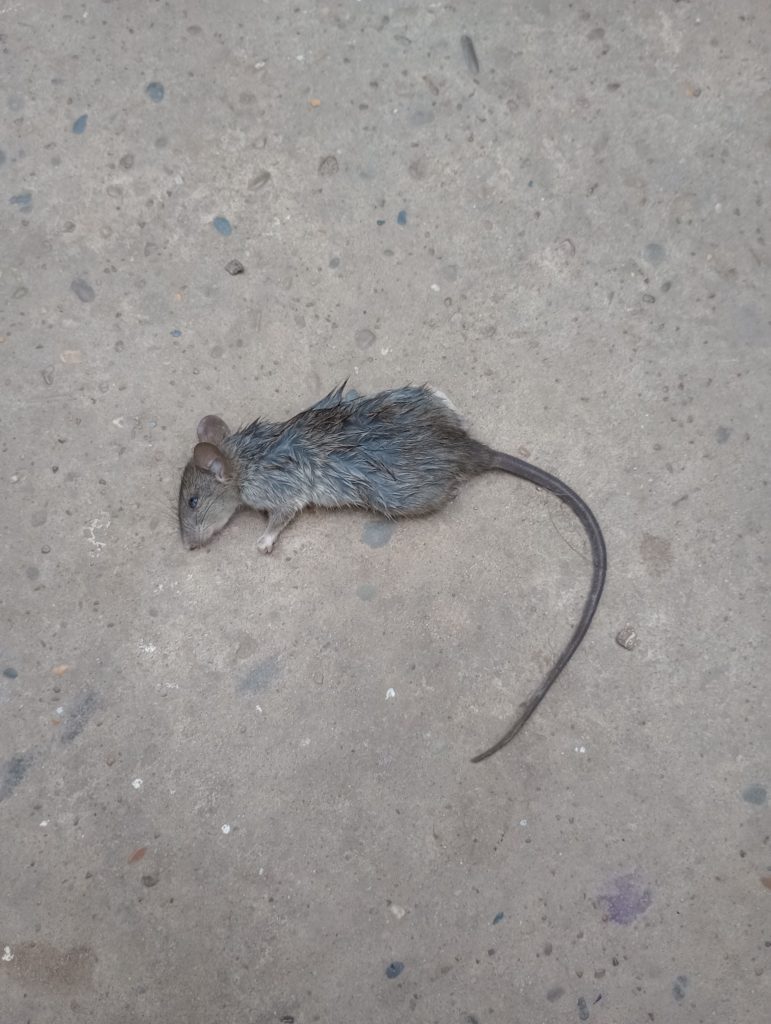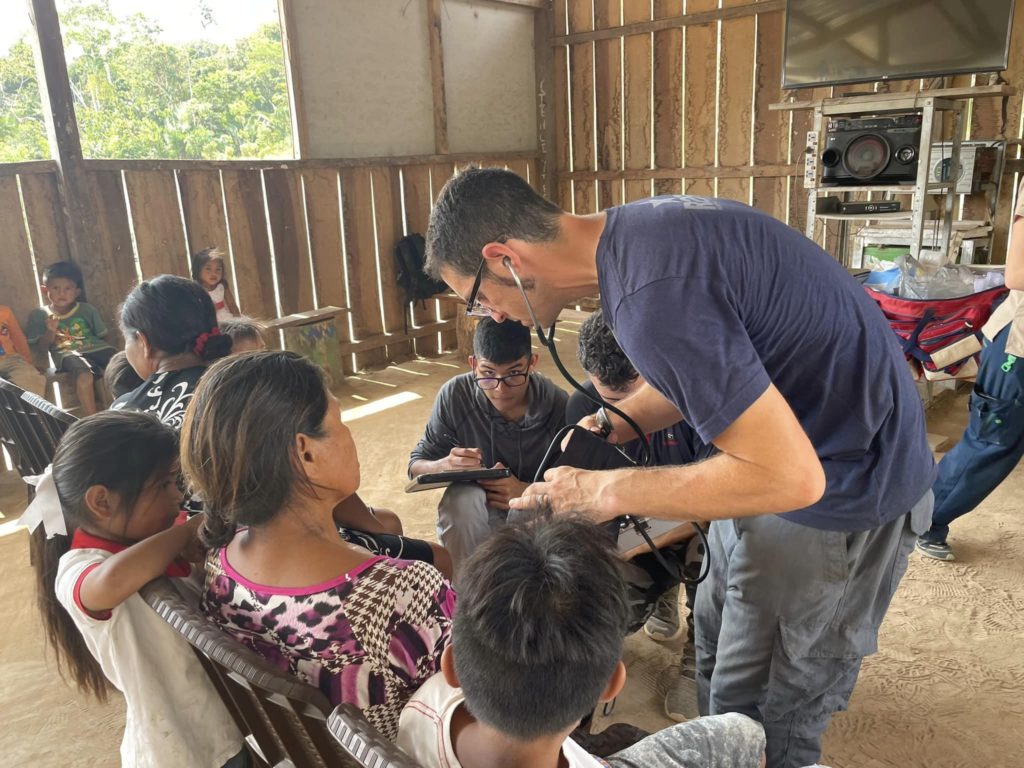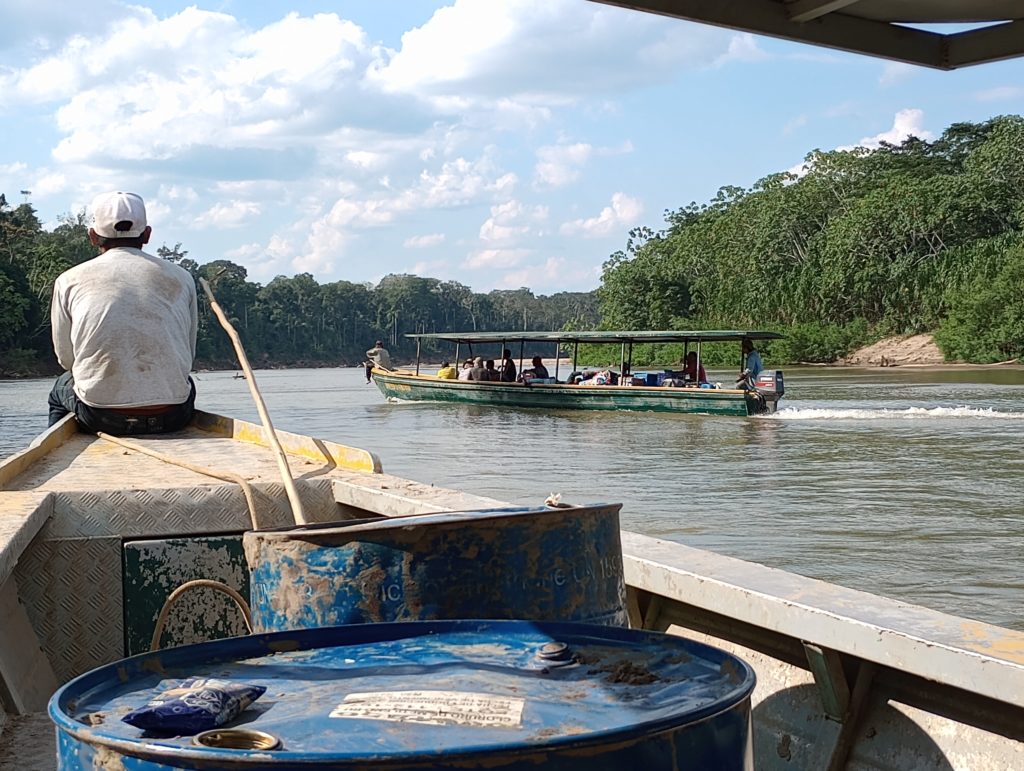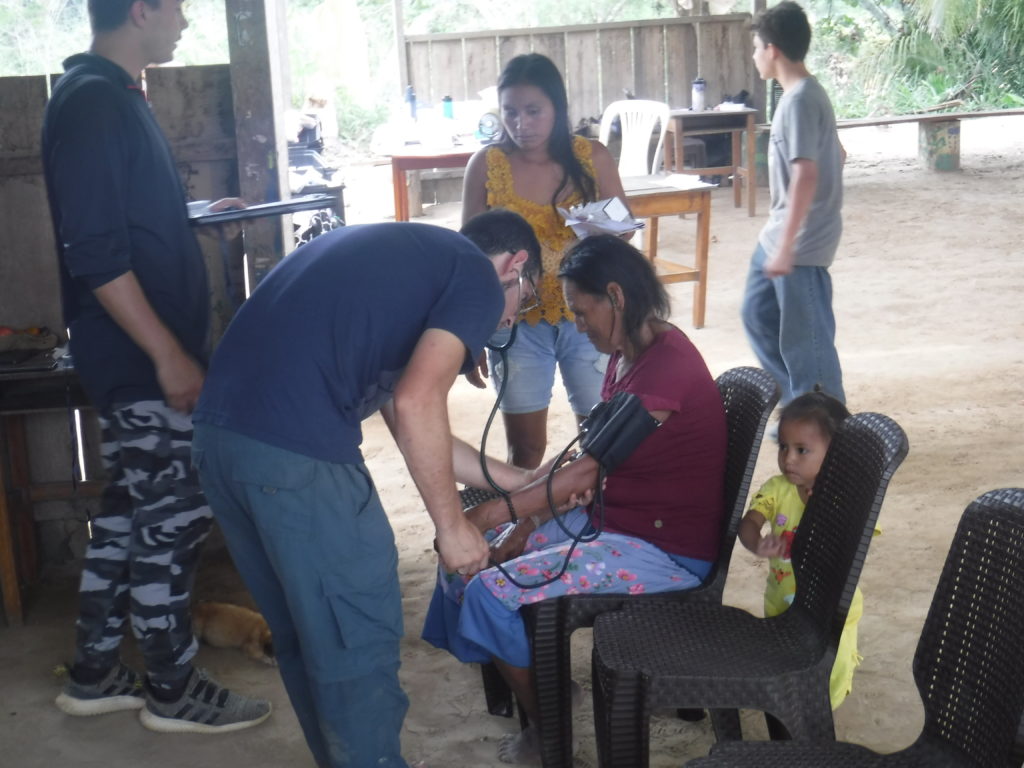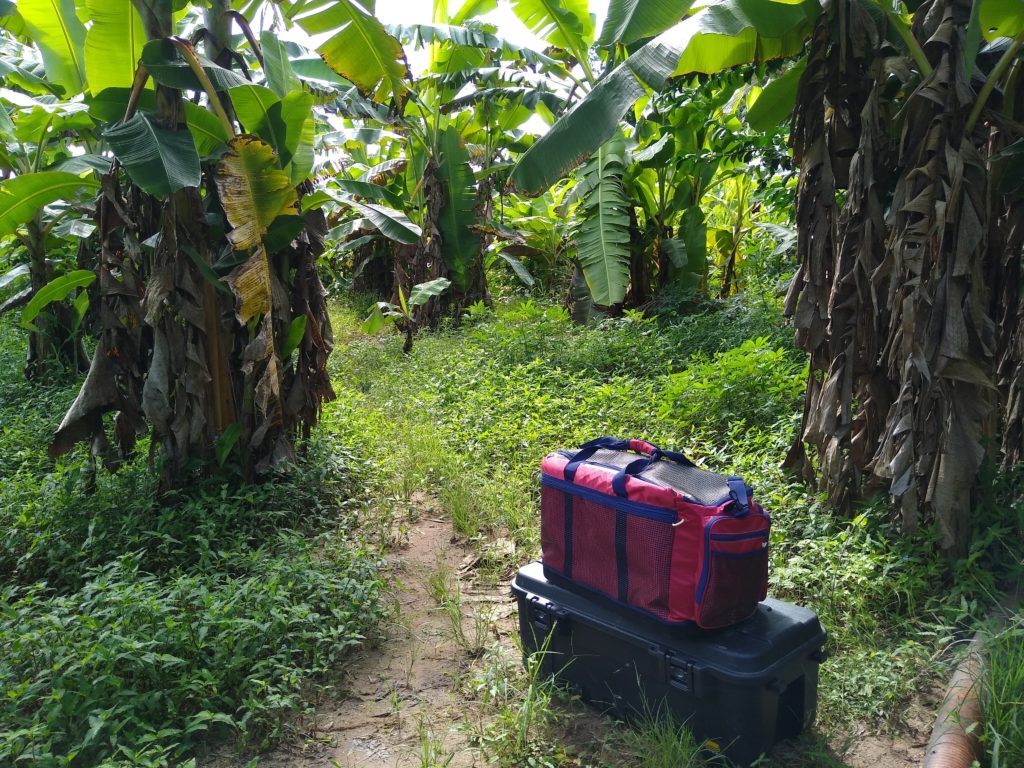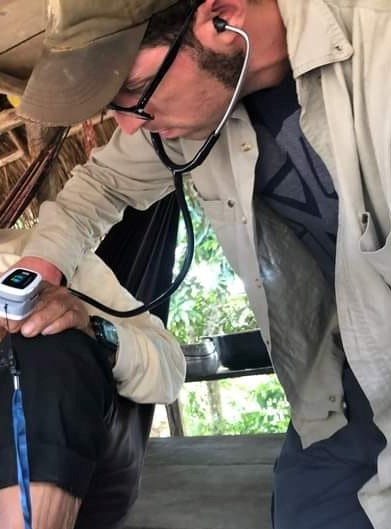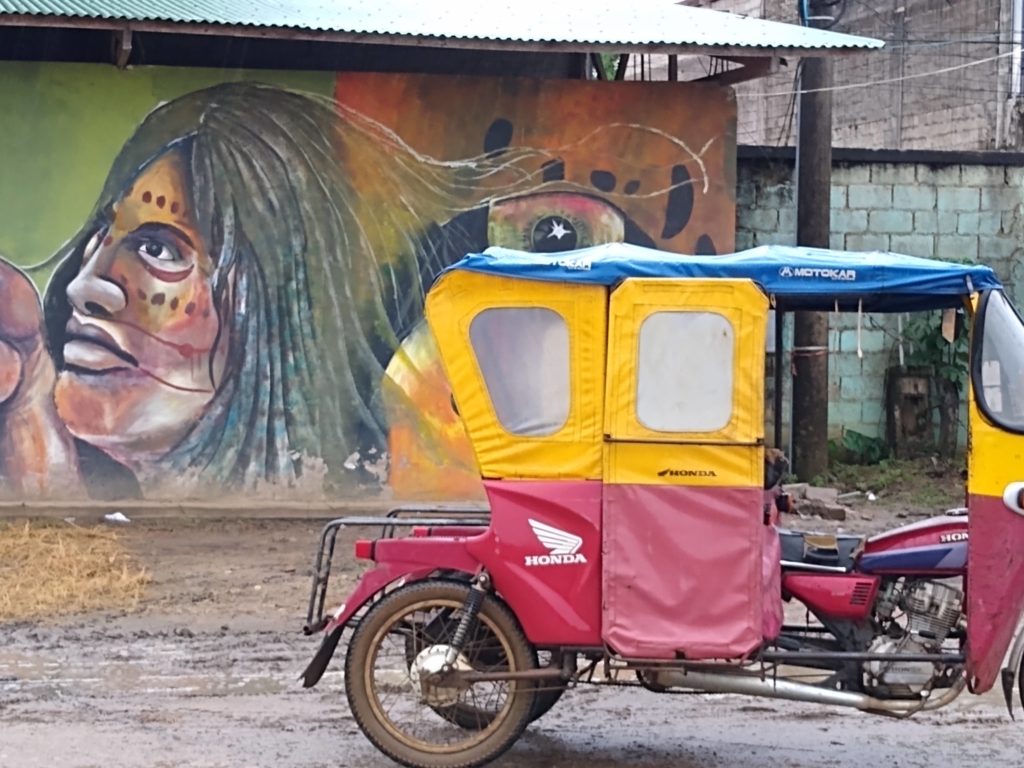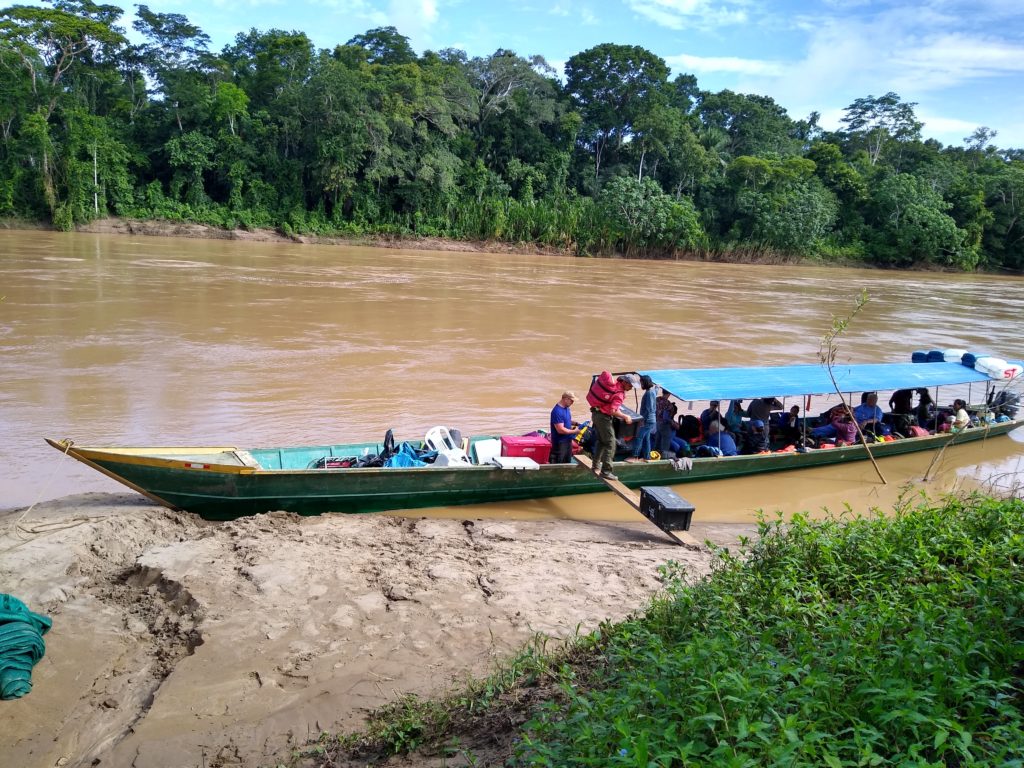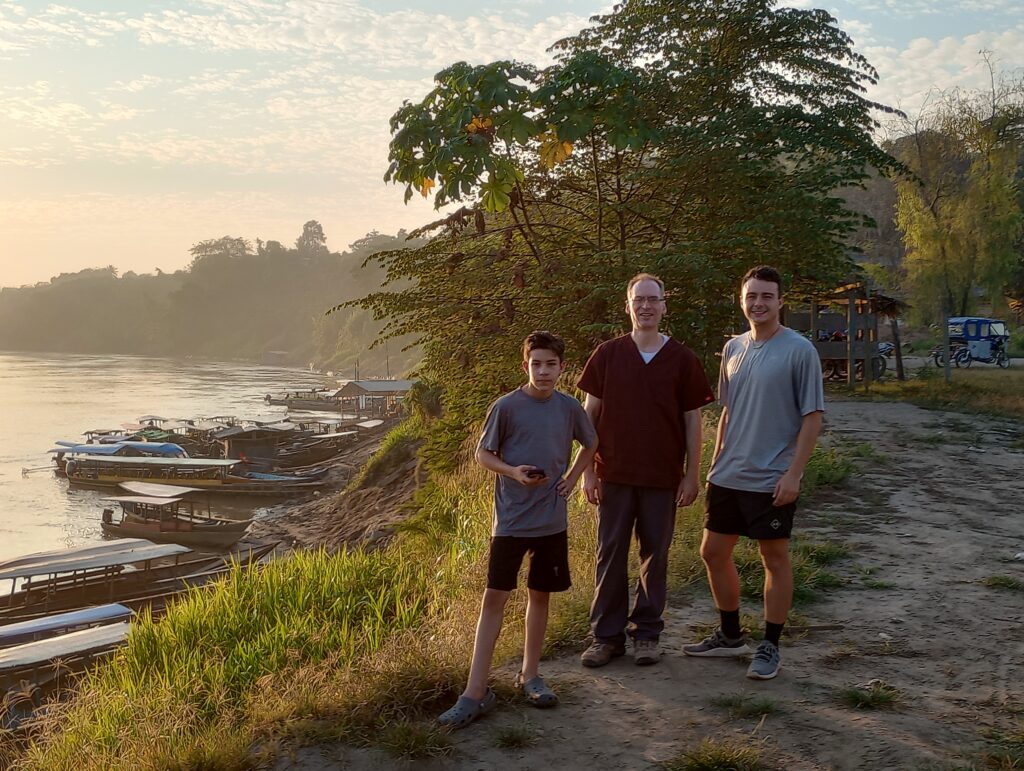
Travel Journal, 141
Every year I participate in a Medical Campaign in the Madre de Dios region of Peru. This year our team of 30 consisted of two physicians, four nurses, three dentists, a paramedic (yours truly), and several non-medical supportive personnel. Click here for a basic breakdown of the mission.
February 26th-March 2nd
7 days
6 villages
1 city
250-ish miles of river
Multiple days of rain
Over 300 patients
49 confessed Christ as Savior
1 Great God
I hesitate to write this story. To write about myself is inherently safe. But writing about someone else? That’s another matter. Opening the curtains on someone else demands careful thought and action. I tread lightly here.
But I want to tell you, no, I have to tell you about Daryn.
Immediately the Medical Campaign’s original plans had sloughed off and new plans grew to take their place. It’s simply the nature of doing things in the jungle. Timing seemed to be the biggest change. Instead of this place today, we go to this other place. We load up a truck instead of a boat. We go to meet a man about gasoline; he’s not there.
And the first day of the trip, our boat came into Santa Alicia—a place we had no intention of being. The river was swift. Far swifter than we’d ever seen. Slow boat travel landed us here, fairly close to dark. By the time we set up clinic, held a briefing, and began seeing patient’s, darkness had fallen hard on this tiny Peruvian village.
And there is one guy that kind of holds it all together during times like this.
Daryn works quietly in the background, filtering drinking water, setting up lights, troubleshooting missing tent parts, directing patients to respective locations, and doing whatever needs to be done before you even know there’s a problem. He’s a sedate fella. He won’t yell and he certainly isn’t going to make you want to yell. His quiet and saintly demeanor are injected with a wry smile and a hilariously dry sense of humor. And this guy can sing. But Daryn above all loves Christ and can’t keep it to himself. He’s here because he needs to be here. The work needs him. And he cannot help but serve.
At Santa Alicia, a Peruvian lady heard us talking to Daryn and mentioned him by name. Seems her sister had recently had a baby. And what’s astounding about all of this is that she named the baby after Daryn. His name is not one you hear in Spanish, much less the Yine Tribal language. But this quiet servant of God was honored with a namesake in the middle of the Peruvian jungle.
In Spanish, there’s a very interesting way of saying that someone had a baby.
“Dar la luz.”
When we say that someone gave birth, we literally say that she, “gave the light.” Its origins are actually pretty clear. The Blessed Virgin Mary gave the light of the world when she gave birth to Christ.
And now Christ tells us that we are the light of the world. As Christians, we are to “let [our] light shine before others, so that they (those in sin and darkness) may see [our] good works and give glory to [our] Father in heaven.” (Matt 5)
Daryn’s example is hard to miss. He has the light of Christ and each year he diligently lets it shine. It shone so bright that a Peruvian lady gave her child his name when she, “gave the light.”
And so it goes on: Christ’s Good News of salvation from sin and death. For, “in him was life, and that life was the light of men. That light shines in the darkness, and yet the darkness did not overcome it.” (John 1)
The darkness cannot overcome the quiet saint showing the light of Christ.
anthony forrest
Follow along for more to come on the 2024 Medical Campaign in Peru. And click here for even more stories of my work in Peru.
